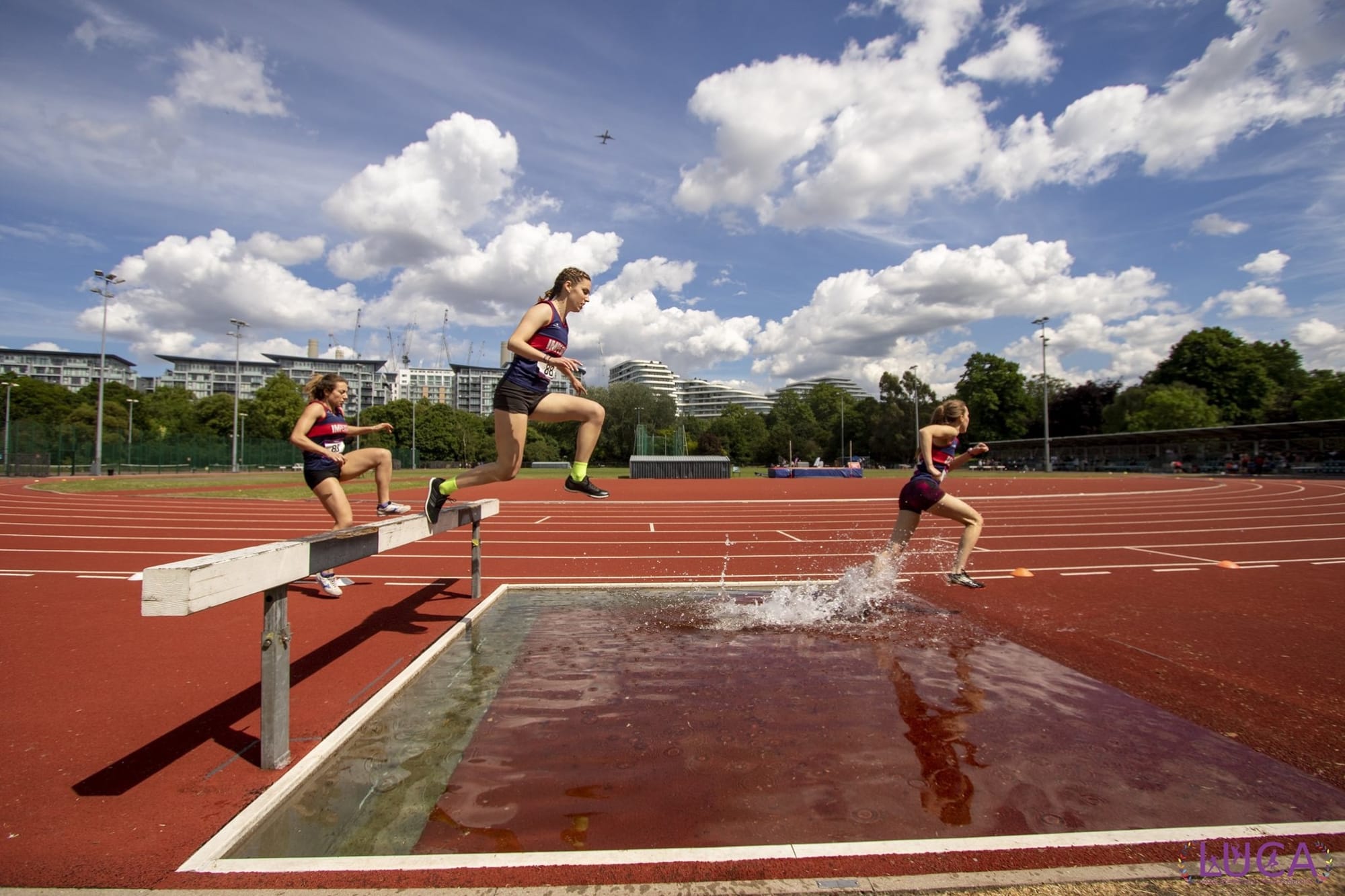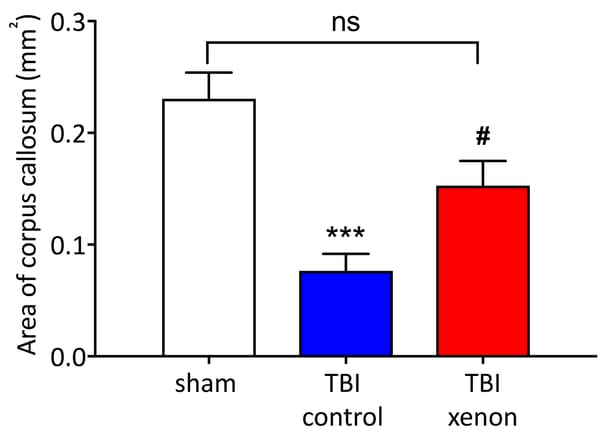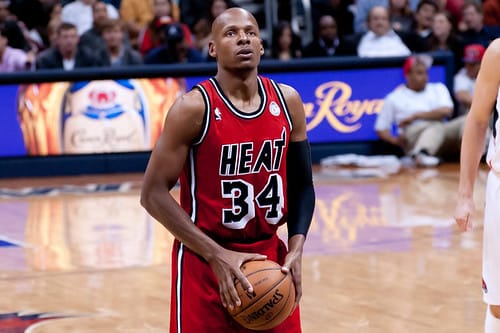Battle of Battersea

Saturday 25th May will be remembered as the day when the athletes of Imperial College came together one last time to compete in the LUCA Outdoors series, in the same fanatic spirit that has defined this club in the past few years and made it the LUCA Club of the Year.
One of the first events was Shot Put, where Patricia Santos threw 6.01m, making me question whether I should start going to the gym. Our award winning Women’s Captain, Charlotte Barratt, and the Athletics Captain, Jack Mitchell, also took part, throwing 6.38m and 6.72m, respectively. Jack went on to take part in the Long Jump, where he registered 4.74m. In the same event, James Weller came third, jumping an impressive 5.32m.
Our brave warriors dominated Men’s Javelin, as Arthur Jurgenson won the event, followed closely by Greg Jones, who came second, making people wonder if Aeronautical Engineering students have an unfair advantage in this event. While Olivia Papaioannou came within a few inches from winning the event, she kept fighting throughout the day in three other track events.
One of the club’s living legends, Raul Rinken, won the Discus, throwing an impressive 39.6m, while Nnaemeka Anyamele threw 30.15m to come fourth. Marta Van Ginkel and Maryna Voloshyna also took part, throwing 17.57m and 16.55m respectively.
Moving on to track, it has to be said, Imperial caused quite a lot of damage. In the 100m sprint, Will Fisher won his heat by running 12.03s. He also did the 200m in an impressive time of 24.70s. Alex Mundell absolutely crushed the 400m sprint, leaving her opponents four whole seconds behind and finishing the race in 61.41s. This race left a few people confused, as they taught she was running by herself. Alex also claimed third place in the 200m, running an impressive 28.27s, reminding the other London universities that she’s “tiny but mighty”. The day saw Niki Faulkner take on the 400m race as well, running in heat 1 with mostly 100% fast-twitch muscle fibre boys that probably spend too much time in the gym. He did not disappoint, finishing the race in 53.38s, a time that makes any so-called “sprinter” pretty damn jealous.
One of the most exciting events was Men’s 800m, which saw James Millett tactically win by a few inches. James let his UCL opponent dictate the pace throughout the race, only to bite in the last 20m, just like an oily snake. Millett took home the gold medal for the athletics championship and also won the 1500m gold medal, ranking him third in the LUCA Outdoors MVP standing. These two events made us realise James has got quite an extraordinary fan base among UCL students, as most of them where shouting “Go, Hugo! Go!”; very personal too, as they knew his middle name. Thomas Bayley and Fergus Johnson also took part in this race, clocking 4:14 and 4:42 respectively.

The 5000m saw a few Imperial athletes running twelve and a half laps in the scorching sun. Female Athlete of the Year, Georgia Curry, claimed gold after finishing the race in 17 minutes and 59 seconds; dabs were included. Alix Vermeulen came second with a time of 19:07 and Nina Rimsky finished in 23:44. The boys put up a good fight in the heath as well, with Joe Pomfret finishing fourth in 17 minutes and 22 seconds, followed closely by Mihaly Ormay, Matt Ryan, Jim Warren and Jack Teh. Yes, Matt, we know! You beat Jim.
Moving on to some water jump naughtiness...yaas. You guessed it, it’s the steeplechase! Our orienteering pioneer, Mihaly Ormay, stormed the race, coming third with a time of 10:58. He was followed by Charlie McFadzean, who finished the race in 11:02. The Club Captain, Fergus Johnson, also managed to clock an admirable time of 12:07, while veteran Lawrence Kar Tse finished the race in 14:37. The girls did not disappoint either. In the 2000m steeplechase, Chloe Baker came first, with an impressive time of 7 minutes and 43 seconds, placing her third in the league. She was followed by Alix Vermeulen, Olivia Papaioannou, Maryna Voloshyna and Marie Jones.
As the day came to an end, it was time for the race of all races, the one to decide all rivalries, the Medley Relay. Each university put up a team of three men and three women to run with a baton distances of 200m, 400m and 800m. This is the time to take out the big guns. As the race went on, students from every university were cheering and shouting their runners’ names at all times, until one moment… The race was very close, UCL and King’s were leading for most of the first four legs. James Millett managed to come par with them at the end of his leg, and then it happened. Alex Mundell got the baton and started sprinting the first 200m just like in her previous race. Students from the other universities thought she wouldn’t be able to keep it up, but they could have not been more wrong; not when you have an 800m specialist doing it. The UCL and King’s crowds went silent as Alex kept increasing the gap between her and her opponent. Having put in this amazing performance, Imperial College retained their Medley Relay trophy for a second year in a row. Some people claimed that it was not fair, because the 800m legs were a lot more important than the shorter ones and it gave Imperial an unfair advantage. To those people, I have two statements: “Gold is gold!” and “Get better at running!”.
That’s all folks! This university athletics season saw Imperial College rank third overall, above King’s, last year’s champions. The Medley Relay trophy and the medals made our athletes pretty happy at the end of the day, some say too happy… and maybe that trophy should get cleaned before handing it over, probably with bleach.




